Uncategorized
-
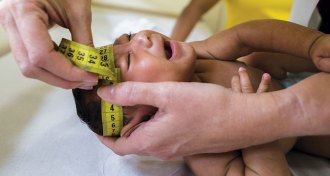 Health & Medicine
Health & MedicineHow Zika became the prime suspect in microcephaly mystery
New evidence in human cells strengthens the case against Zika in Brazil's microcephaly surge, but more definitive proof could come this summer from Colombia.
By Meghan Rosen -
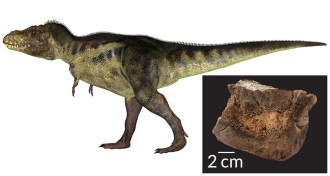 Paleontology
PaleontologyHow to tell if a T. rex is expecting
A “pregnancy” test for tyrannosaurs relies on chemical analyses of medullary bone, a reproductive tissue found in female birds.
By Meghan Rosen -
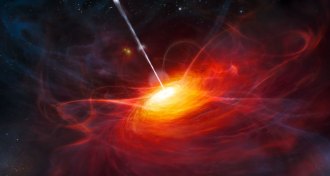 Astronomy
AstronomyQuasars’ distance no longer in question
Astronomers now know quasars live around black holes in remote galaxies, but 50 years ago, one researcher argued they were much closer.
-
 Physics
PhysicsLike birds of a feather, sperm flock together
Studies of sperm show that they swim in groups because of the elasticity of the mucus they travel through.
-
 Planetary Science
Planetary ScienceGet your Pluto trivia down cold
Eight months after visiting Pluto, the New Horizons spacecraft has delivered a wealth of details about the dwarf planet and its family of moons.
-
 Humans
HumansPacific islanders got a double whammy of Stone Age DNA
Neandertal and Denisovan genes influence the health of present-day Melanesians.
By Bruce Bower -
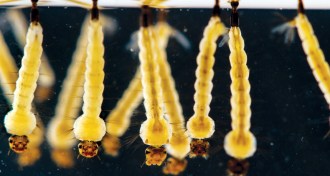 Health & Medicine
Health & MedicineEfforts to control mosquitoes take on new urgency
The major mosquito that is spreading Zika virus has quirks that make it one of the toughest to fight.
By Susan Milius -
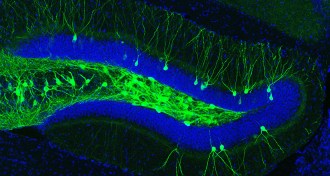 Neuroscience
NeuroscienceLost memories retrieved for mice with signs of Alzheimer’s
Using light, scientists coaxed a forgotten memory from the brains of mice with Alzheimer’s-like symptoms.
-
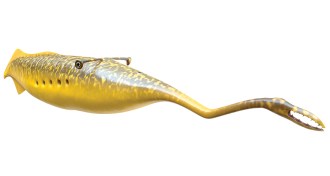 Paleontology
PaleontologyTrue nature of ‘Tully monster’ revealed
The identity of a 300-million-year-old enigmatic creature known as the “Tully monster” is a mystery no longer.
By Meghan Rosen -
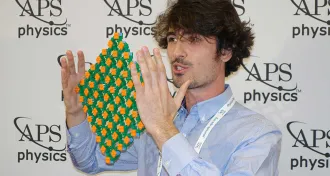 Materials Science
Materials SciencePlaying with building blocks for metamaterial design
Legos show promise as a low-cost method to assist scientists in developing novel metamaterials.
-
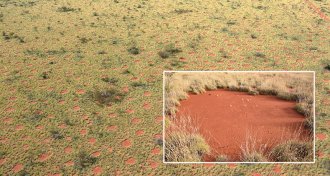 Ecosystems
EcosystemsAustralian fairy circles first to be found outside Africa
Strange patterns of grassland bald spots called fairy circles show up in Western Australia.
By Susan Milius -
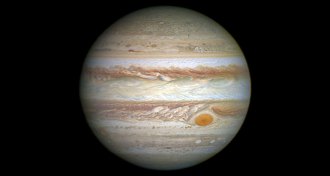 Planetary Science
Planetary ScienceWandering Jupiter could have swept inner solar system clean
If Jupiter formed close to the sun and then wandered out, that might explain why there are no planets interior to Mercury’s orbit.